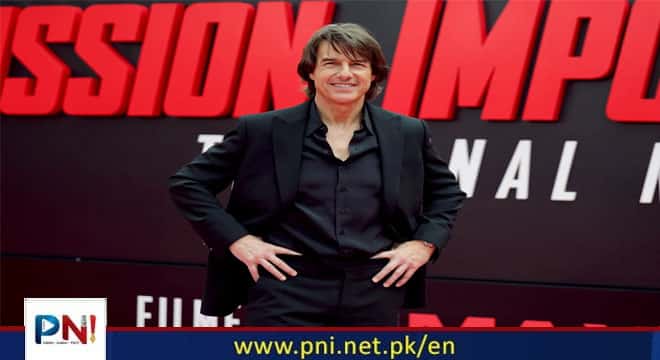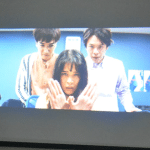ISLAMABAD, MAY 20 (ONLINE): Christopher McQuarrie has some strong thoughts about filmmakers injecting fan service into their franchise movies, and why it tends to hurt storytelling more than help.
The director — whose latest Tom Cruise adventure, Mission: Impossible — The Final Reckoning opens this weekend — sounded off about the all-too-common modern moviemaking trope during a resurfaced 2023 interview with The Filmmakers Podcast when promoting his previous film in the series, Mission: Impossible — Dead Reckoning. “Fan service” is typically defined as injecting a familiar element, callback or inside joke in hopes of pleasing an audience even though it’s not essential to the story.
“Fan service, and fandom, is poison,” McQuarrie declared. “It’s deadly. It’s great when applied like a very, very strong spice, and judiciously. If you happen to have seen the other movies, great. I don’t count on it. Because what happens [when you add callbacks] — the danger of that — is I’m asking you to leave this narrative, and remember another narrative, and then come back.”
Elaborated the director: “Two things are certain to happen: One, if you know the [previous] movies, you’ve left the narrative and I have to spend precious energy bringing you back [while] I’m trying to immerse you in a story so that you’re not aware the story is happening. Or you haven’t seen that other movie and you’re suddenly aware that everybody around you [in the theater] knows something you don’t. In either case, you’ve disrupted the narrative and broken the chain.”
McQuarrie cited the blockbuster Top Gun sequel Top Gun: Maverick, a film he wrote along with Eric Singer and Ehren Kruger. While Maverick is very much a continuation of the original, the script strove to ensure that everything necessary to follow each moment was already in the movie you were watching. “We don’t assume you’re a fan,” he said. “Maverick was as successful as it was because the disruptions of that [narrative] chain are very, very minor and you’re almost instantly swept back into the narrative. You watch that movie and you don’t have to think about what’s happening. It’s not to say I don’t want you thinking, I just want you thinking about the movie after.”
McQuarrie’s comments are a tad ironic this week as a common refrain in some the more critical reviews for The Final Reckoning is that the nearly three-hour film is overly plot-heavy due to striving to feel like a summation of the eight-film franchise — most of which felt like stand-alone stories until Dead Reckoning (which was originally titled Dead Reckoning Part One) and The Final Reckoning. The new movie also contains many callbacks to the previous films, and at least a couple moments which might be considered fan service.
The biggest violator of McQuarrie’s rule is arguably the wildly successful Marvel Cinematic Universe, where movies are often stuffed with elements which require prior knowledge of other movies and shows. The architects of that franchise have recently seemed to realize there is a limit to placing such demands on the audience. A Wall Street Journal article earlier this month reported that Marvel boss Kevin Feige has at least partly attributed superhero fatigue to their TV shows and films feeling “more like homework than entertainment.”
Follow the PNI Facebook page for the latest news and updates.









